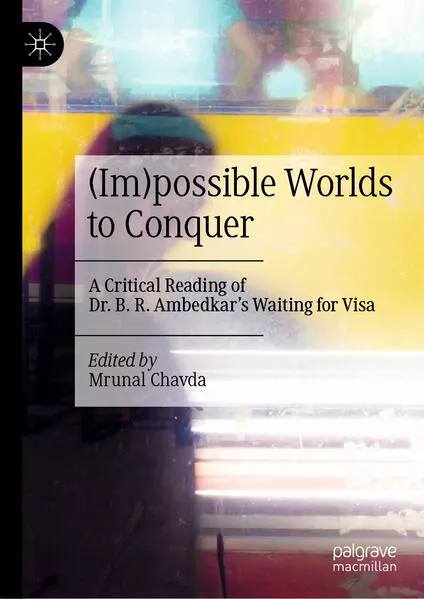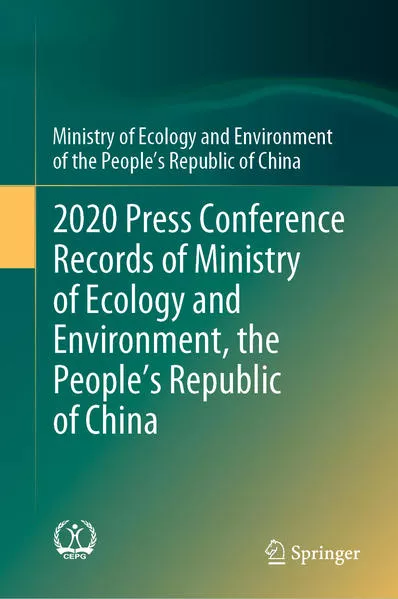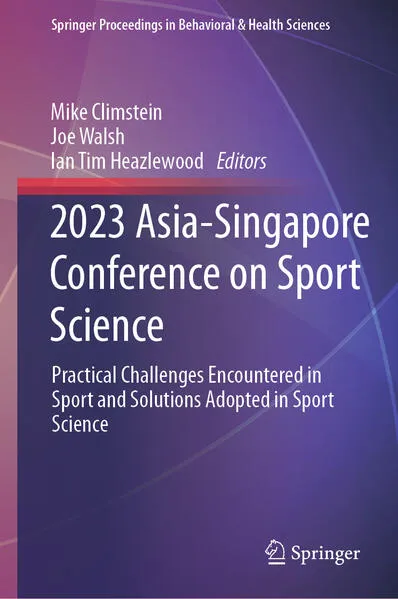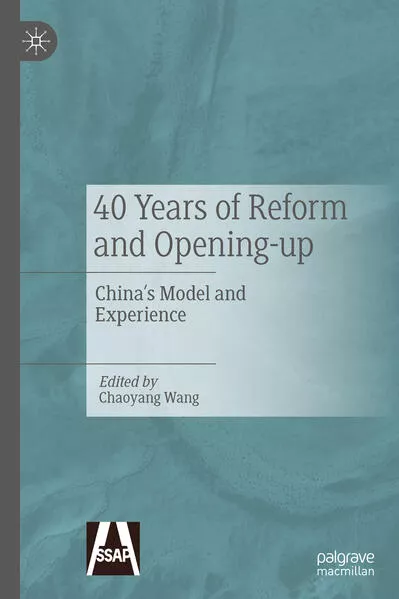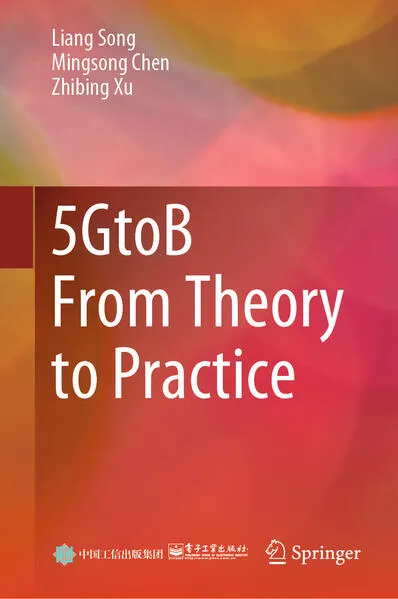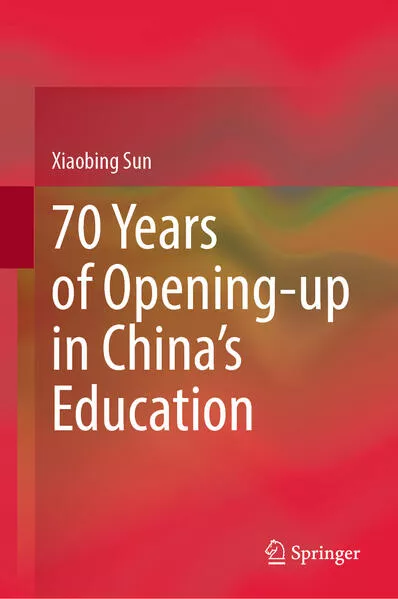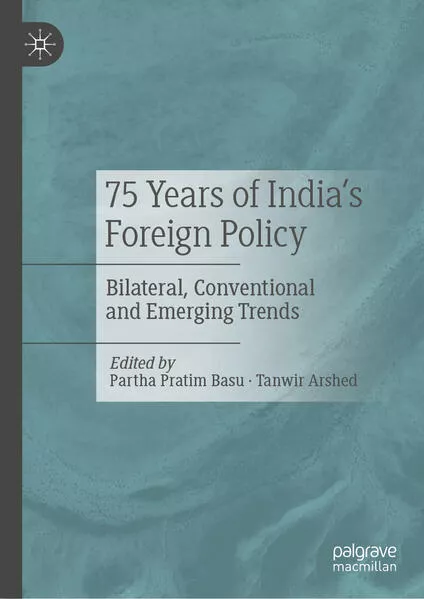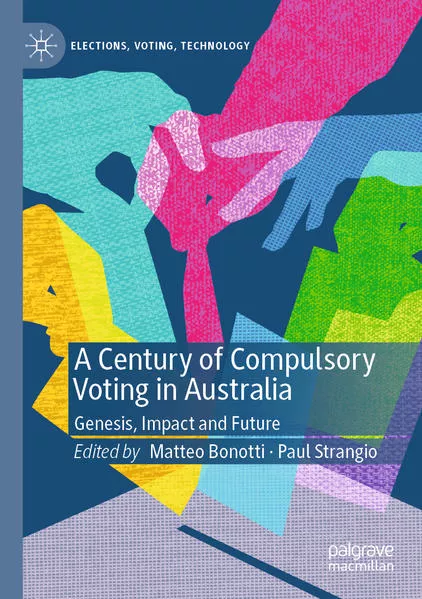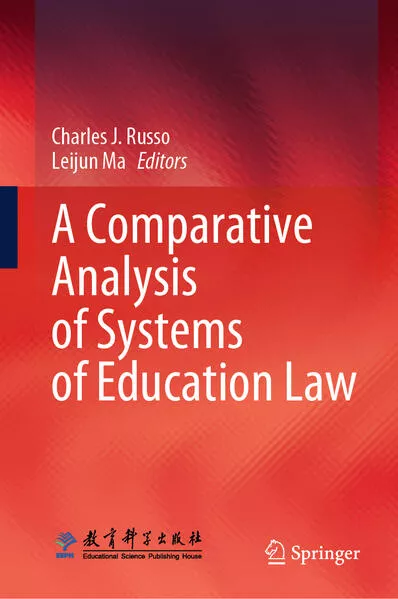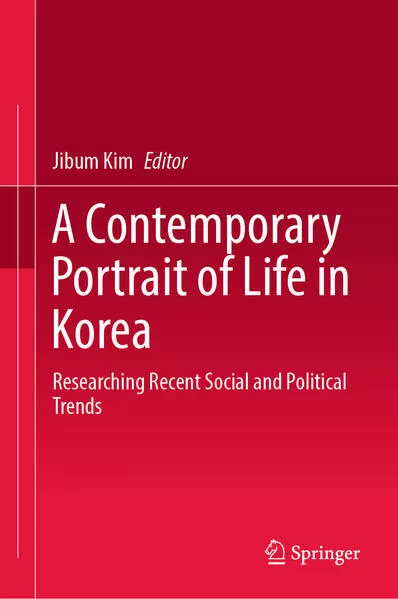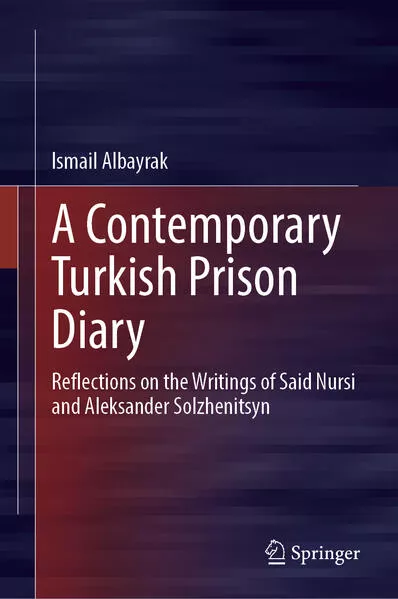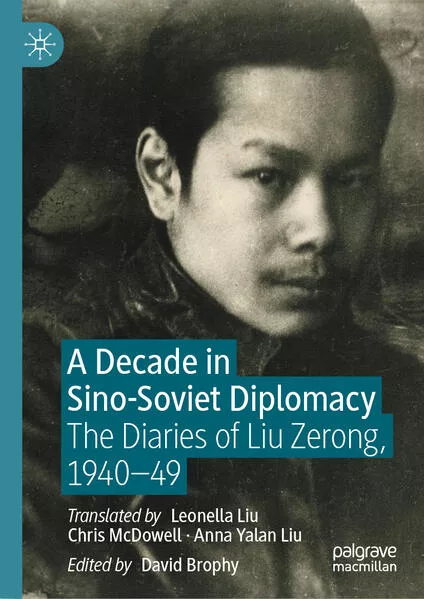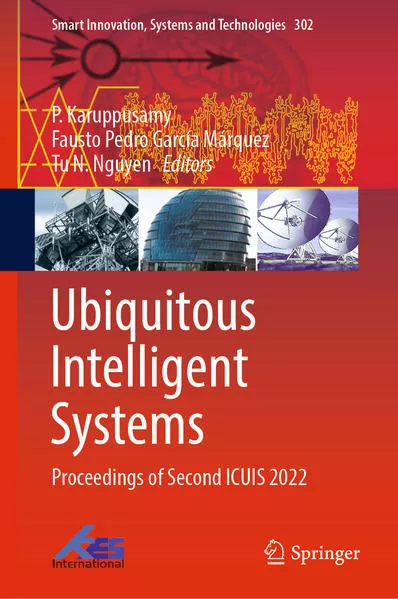
Ubiquitous Intelligent Systems
Proceedings of Second ICUIS 2022
This book features a collection of high-quality, peer-reviewed papers presented at the Second International Conference on Ubiquitous Intelligent Systems (ICUIS 2022) organized by Shree Venkateshwara Hi-Tech Engineering College, Tamil Nadu, India, during March 10–11, 2022. The book covers topics such as cloud computing, mobile computing and networks, embedded computing frameworks, modeling and analysis of ubiquitous information systems, communication networking models, big data models and applications, ubiquitous information processing systems, next-generation ubiquitous networks and protocols, advanced intelligent systems, Internet of Things, wireless communication and storage networks, intelligent information retrieval techniques, AI-based intelligent information visualization techniques, cognitive informatics, smart automation systems, health care informatics and bioinformatics models, security and privacy of intelligent information systems, and smart distributed information systems.
Unterstütze den lokalen Buchhandel
Nutze die PLZ-Suche um einen Buchhändler in Deiner Nähe zu finden.
Bestelle dieses Buch im Internet
| Veröffentlichung: | 25.07.2022 |
| Seiten | 745 |
| Art des Mediums | E-Book [Kindle] |
| Preis DE | EUR 234.33 |
| Reihe | Smart Innovation, Systems and Technologies 302 |
| ISBN-13 | 978-9-811-92541-2 |
| ISBN-10 | 9811925410 |
Über den Autor
Dr. P. Karrupusamy working as a Professor and Head in Department of Electrical and Electronics Engineering at Shree Venkateshwara Hi-Tech Engineering College, Erode. In 2017, he had completed doctorate in Anna University, Chennai, and in 2007, he had completed his postgraduate in Power Electronics and Drives in Government College of Technology, Coimbatore, India. He has more than 10 years of teaching experience. He has published more than 40 papers in national and international journals and conferences. He has acted as conference chair in IEEE international conferences and Guest Editor in reputed journals. His research area includes modeling of PV arrays, adaptive neuro-fuzzy model for grid connected photovoltaic system with multilevel inverter.
Dr. Fausto works at UCLM as Full Professor (Accredited as Full Professor from 2013), Spain, Honorary Senior Research Fellow at Birmingham University, UK, Lecturer at the Postgraduate European Institute, and he has been Senior Manager in Accenture (2013-2014). He obtained his European Ph.D. with a maximum distinction. He has been distingueed with the prices: Advancement Prize for Management Science and Engineering Management Nominated Prize (2018). He has published more than 150 papers (65 % ISI, 30% JCR, and 92% internationals), some recognized as: “Renewable Energy” (as “Best Paper 2014”); “ICMSEM” (as “excellent”), “Int. J. of Automation and Computing”, and “IMechE Part F: J. of Rail and Rapid Transit” (most downloaded), etc. He is Author and Editor of 25 books (Elsevier, Springer, Pearson, Mc-GrawHill, Intech, IGI, Marcombo, AlfaOmega…) and 5 patents. He is Editor of 5 Int. Journals, Committee Member more than 40 Int. Conferences. He has been Principal Investigator in 4 European Projects, 5 National Projects, and more than 150 projects for Universities, Companies, etc. His main interests are: maintenance management, renewable energy, transport, advanced analytics, data science.
Tu N. Nguyen is an Assistant Professor and Director of the Intelligent Systems Laboratory (ISL) in the Department of Computer Science at Kennesaw State University, Georgia, USA. His research and teaching are hinged on developing fundamental mathematical tools and principles to design and develop smart, secure, and self-organizing systems, with applications to network systems, cyber-physical systems, and cybersecurity. Dr. Nguyen has published 1 book and 60+ publications in leading academic journals and conferences. His research work, therefore, focuses on developing fundamental mathematical tools and principles to design and develop smart, secure, and self-organizing systems, with applications to network systems, cyber-physical systems, and cybersecurity.



